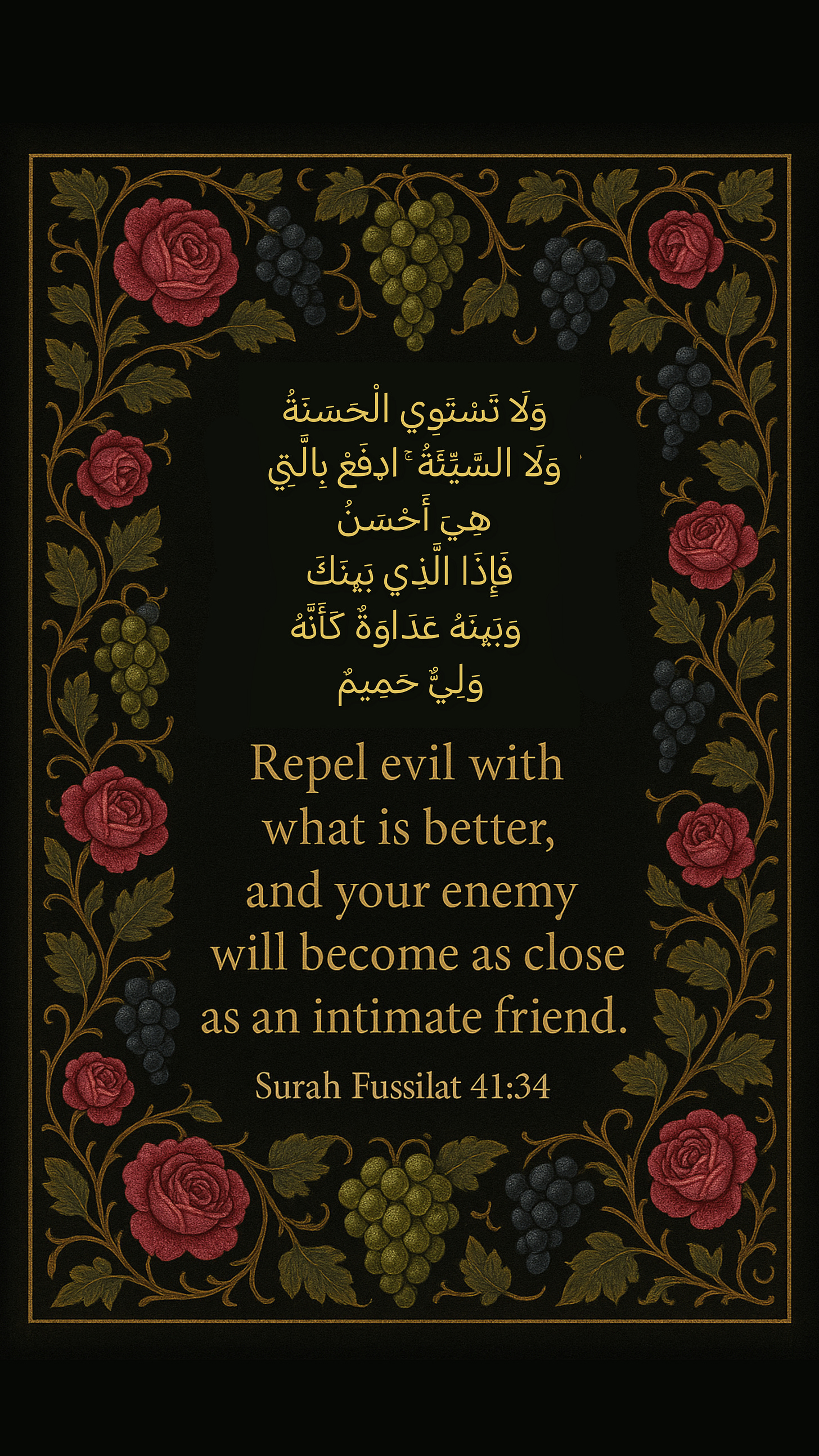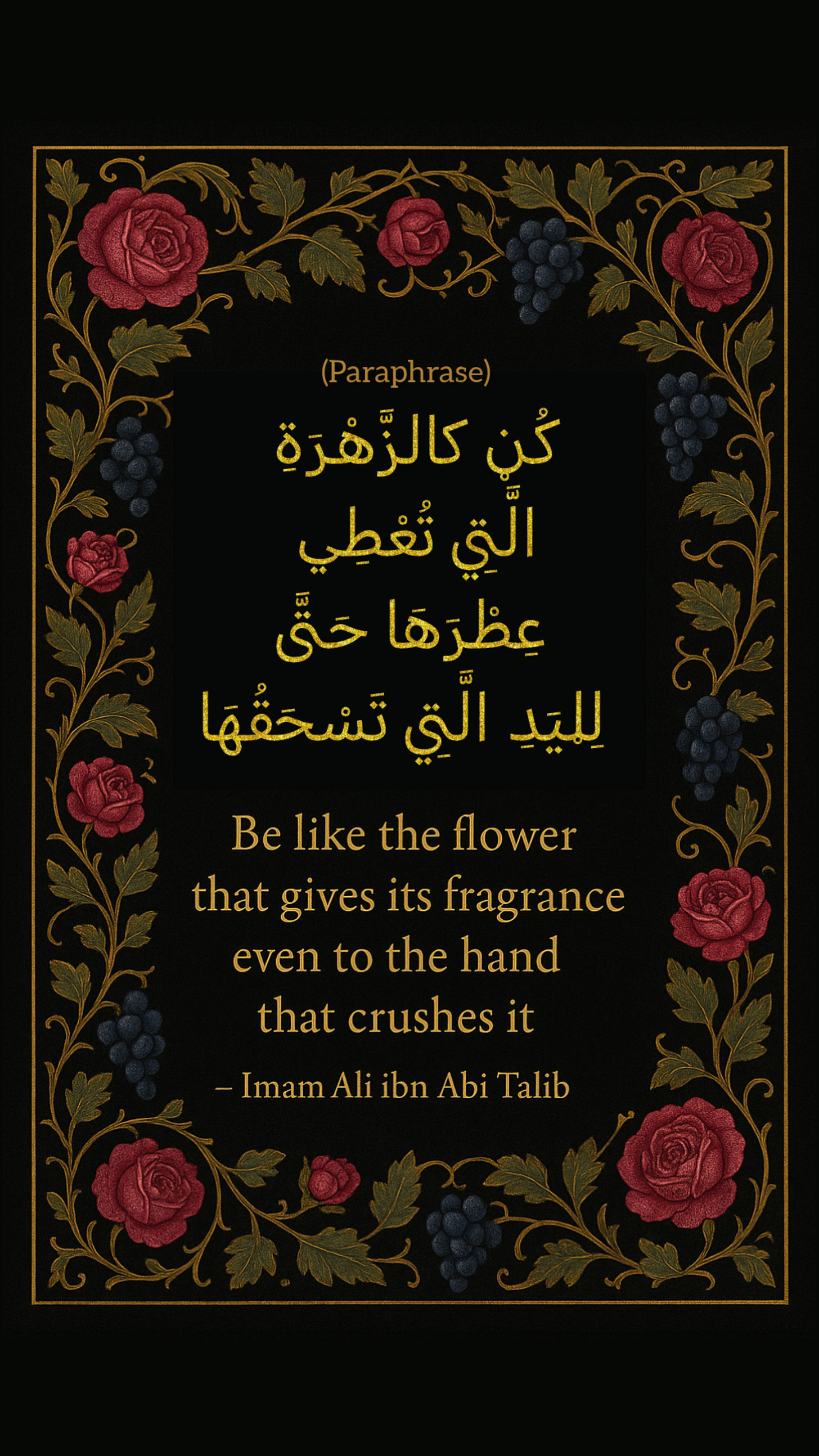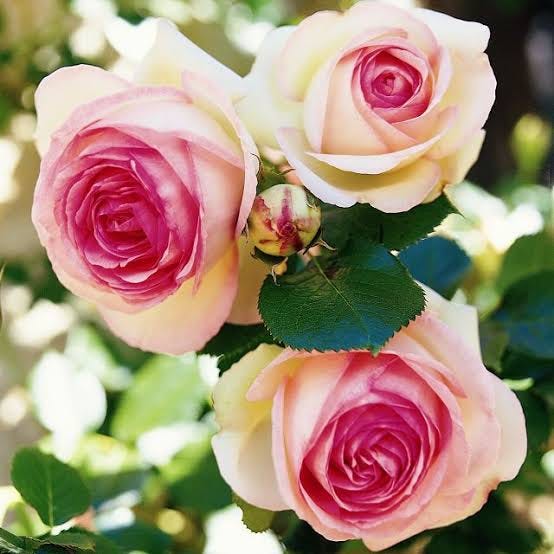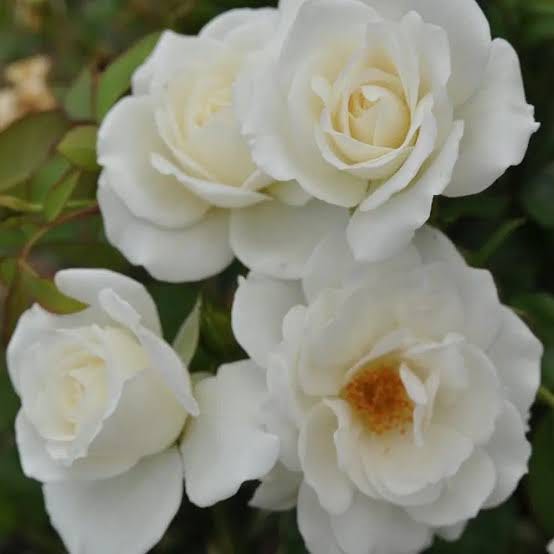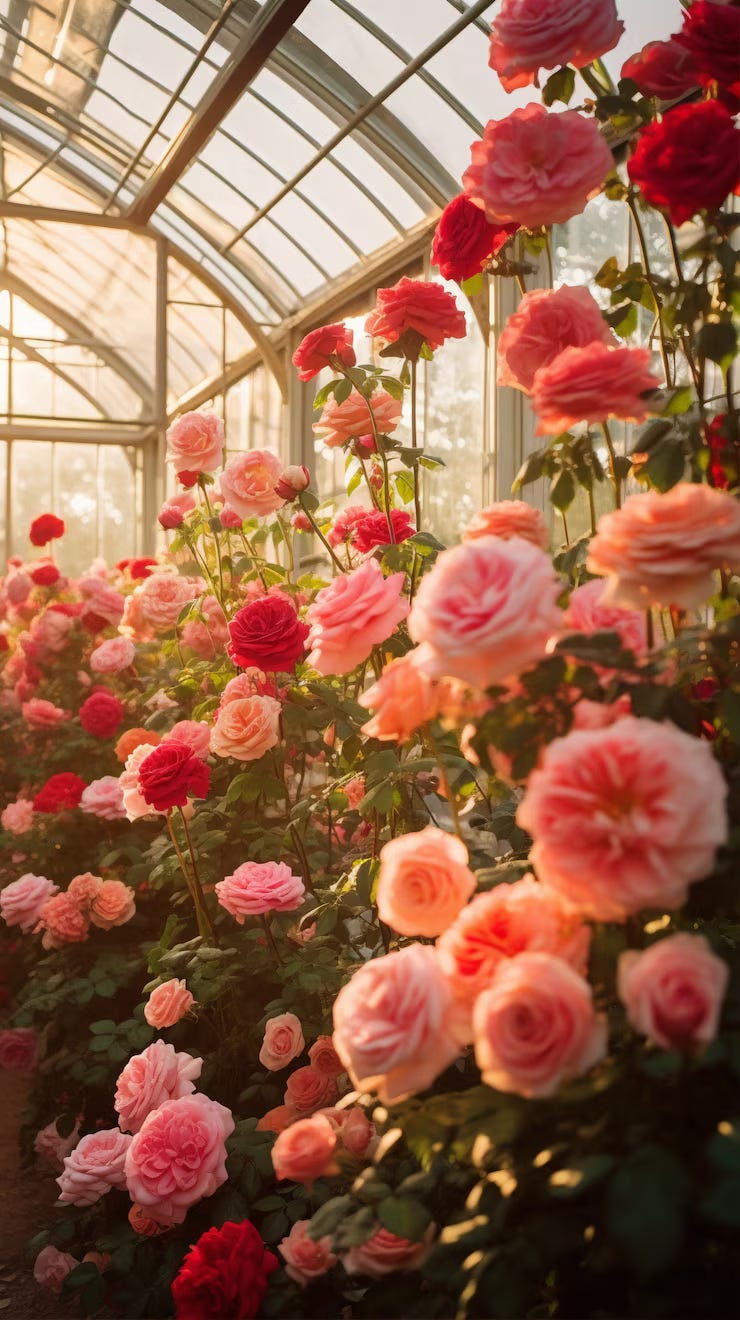When your first Quran teacher becomes your biggest test...
🌹🌹🌹🌹🌹🌹🌹🌹🌹🌹🌹🌹🌹🌹
This is a raw, real story of spiritual abuse—told by a revert sister we’re calling Khadijah Siri.
This is not an exposé. Not a rant. It’s a warning. A reflection. And a reminder: even in spaces of deen, abuse can wear a thawb and quote ayat.
If you’ve ever doubted your worth because someone used Islam to break you— If you’ve ever confused spiritual authority with divine approval— This story is for you.
Names and dates have been changed to protect privacy.
Let’s get into it. Bismillah.
Assalamu alaykum Lillah,
I'm ‘Khadijah Siri,’ a survivor of spiritual abuse who has thrived beyond it—Alhamdulillah.
🌹🌹🌹🌹
My story begins in 1999, shortly after I took my Shahadah. I started learning to read the Quran with a female teacher near my home. At first, she seemed a bit distant, but I didn’t think much of it.
During one of our study breaks, she asked if I knew I was supposed to shave and use water after the bathroom. I had already researched these basics before starting, so I was aware. Still, I found it odd how much importance she placed on it but kept quiet.
To give some background: I was married before I embraced Islam, and my then-husband was still a Christian. This teacher was very insistent that I divorce him, pushing me hard until I firmly stood my ground—more than once.
🌹🌹🌹🌹
In 2000, other Muslims in my community practiced gentle dawa and focused on building bridges. Muslim friends invited us out so my husband could meet them, especially the men, hoping he would see the beauty of Islam through their kindness.
But things were different with this teacher and her family. They behaved rudely and pressured me to end my marriage immediately. I wasn’t ready for that.
🌹🌹🌹🌹
I eventually ended lessons with her after another incident. She publicly reprimanded me in front of the class for drawing rose floral borders on a page—something similar to what you might see in the Quran. I’d spent hours memorizing Quran that day under her supervision and took just a few minutes to draw the borders. This was while I was waiting for my lift before her next class began…
I was frustrated because I had been focused from 9 am until 5 pm, while she was occupied elsewhere. Yet, she singled me out and harshly told me I was wasting time on “frivolities” and should only memorise Quran.
When I confronted her in regards to how she publicly singled me out. She became tearful and tried to gaslight me. She accused me of thinking I was superior, but I was only asking why no one else was called out for wasting time while I was the only one punished despite my lengthy dedication. It was about fairness and balance, not ego.
🌹🌹🌹🌹
In 2001, I prayed istikhara because dealing with her and her class was getting too much at this point. That final incident was the last straw. A friend who graduated from what is now *Manārah Institute, told me learning the Quran should be calming, not distressing.
Looking back, I now understand what she meant. When we engage with the Quran sincerely, there is a kind of healing—what some call cellular cleansing or subconscious healing—which purifies the heart and body energetically while the heart undergoes tazkiyah. This only happens when our intention is for Allah SWT, not for ego.
Teachers with true taqwa create a peaceful environment. Those who are driven by religious pride create conflict. Her words make sense now, but at the time, I took them at face value.
She introduced me to another teacher, who I still learn from today. This new teacher constantly checks herself, aligns her actions, and asks Allah SWT for Guidance, Forgiveness, and Protection. She emphasises mindfulness and self-awareness. Because of our friendship outside of class, when she corrects me, her calm and neutral tone makes it easier to accept.
So here’s my first lesson for new reverts and anyone choosing teachers, counselors, or community leaders:
🔴 Watch out for red flags like: Someone who gets upset over small things, is frequently angry, goes off on tangents, or is quick to find fault with others.
🟢 Look for green flags like: Someone who shows sabr (patience) and ridha (contentment). This person remains calm under tests, thinks before speaking, controls their speech, and focuses on correcting themselves first. They remind themselves that they will stand before Allah SWT and often say, “This is a reminder to myself first,” while seeking forgiveness.
A sincere person’s character can’t be faked for long. It’s not about acting but truly being, with the heart aware of Allah SWT at all times.
Back to my story: in 2002, I was pregnant and decided to cut ties with the first teacher completely. I was willing to stay acquainted, but her performative, careless behaviour—and that of her students—was too stressful. I wanted to protect my baby from the anxiety their rudeness caused. I felt the stress physically and avoided them entirely.
🌹🌹🌹🌹
Months later, I had my child, and then my divorce came in 2003.
The first teacher somehow found out and asked if I could drive her to an event. Feeling stronger, I agreed and took my child along.
On the way, she mentioned her cousin was again looking for a wife and preferred a white revert. She asked if I knew anyone available. I went quiet for a moment…
I then said: as a white revert, if I marry, I want someone who chooses me for my deen and character—not like a car in a showroom.
It felt like, “I want a car—but it must be red. I want a wife—but ‘it’ must be white.”
Marriage requires emotional maturity and relational skills. It cannot thrive if one partner is objectified.
Her cousin had divorced many times and was already looking for another wife before divorcing his current one.
She was extra nice to me at the event, and we met later at the beach as part of crowd. Her sweetness continued.
🌹🌹🌹🌹
I liked her youngest son—a calm, solid, dependable man—even though I wasn’t attracted to the older two sons, one of whom was married.
I hinted about my interest, and she got excited. The youngest seemed flattered, but then things got strange. At another event, he acted coldly, and I took it as “he’s just not that into you.” The middle son kept trying to get my attention, but maybe that was just his personality?
Their mother kept doing the “my sons are single” nudge, nudge, wink, wink for months, which confused me. I confronted her and told her kindly but firmly that marriage is half the Deen, and I take it very seriously. She seemed annoyed at being called out.
Remember this was after she had been hinting for months…
She then brought in her second son to discuss what he wanted. It wasn’t clear if I was speaking to him as a prospect or as a matchmaker. Despite my instincts telling me ‘no,’ I thought maybe I was being unreasonable and decided to give him a chance.
🌹🌹🌹🌹
I later visited the madrassah and asked if she wanted me to speak clearly to him as a prospect. Then with a malicious smile, she said both sons liked my style and appearance—but the youngest wanted to start a family from scratch. I was a little disappointed but respected that.
She said it was the same for her other son. I even sighed with relief.
But as we were leaving, she stopped us, gripped my arm tightly, and hissed the following:
“He wants the tightness of a virgin and you’ve had a husband and child. So you must respect that!”
So after all of that teasing and toying with me…
She spoke as if there were no Jannah or Jannati spouses, as if natural life milestones were shameful rather than paths drawing us closer to Allah SWT.
I was shocked. I stumbled into my car, struggling to start the engine. She stood outside, grinning as if pleased with her little jab.
My skin crawled from the shock. It took me two weeks to recover. Every time I saw a woman in a scarf, I got triggered—even though I wore one too.
That incident turned me inside out.
🌹🌹🌹🌹
Then her eldest son, the polygamist wannabe, called me at work to lecture me about birthdays after I invited his wife and kids to my daughter’s party (this was when I still cared for birthday celebrations). I told him I was busy and hung up. His wife could have messaged me…
It became clear these people had no respect for a single mother revert whom Allah SWT Chose for His Deen.
I messaged the matriarch, telling her neither she nor her sons were to contact me directly—only through my father or brother.
My father, a Christian, and my brother, an Atheist, were confused and irritated at being involved. They didn’t understand Muslim community or cultural norms, which often contradict the sunnah.
They thought I was old enough to fend for myself. They were right.
But I told them I didn’t care how they felt—they were my bouncers. Though I doubted these people would contact them. That was the point.
That was the psychological spanking they needed. And it worked.
🌹🌹🌹🌹
I hadn’t heard from them for a while—until my first teacher unexpectedly came to my daughter’s birthday party. We had it under the trellises holding the vines planted with the Eden Roses, that created a thorny barrier around my mother's lush garden.
She was sheepish and timid, while I stayed firm and assertive.
Interestingly, my ex, who is the father of my daughter, was there helping. My other Muslim friends were there with their husbands who are also hands-on but in following the Sunnah. Though I couldn’t convince my ex to embrace Islam, I did convince him that our daughter should not speak to or cultivate relationships with males without our permission.
We also agreed that no one had the right to override our decisions about her safety and wellbeing in light of the secret marriage attempts of others.
Alhamdulillah, we were on the same page about protecting her boundaries.
🌹🌹🌹🌹
Now back to the party.
That first teacher was on her best behaviour. I was firm and distant. I wasn’t going to be the same vulnerable revert she once bullied.
I had already moved on.
I had found teachers who were kind, emotionally intelligent, and rooted in the Quran and Sunnah with humility.
I began to heal.
I rebuilt my relationship with the Quran. My experience with the Quran became a source of peace, not stress.
Now, over two decades later, I share this story not to shame anyone but to warn and empower the multitude of new Muslims especially sisters coming into the Deen.
Spiritual abuse can be subtle. It often hides behind religious authority and “good intentions.” But if someone constantly makes you feel small, confused, guilty, or afraid—it’s a sign something’s wrong.
If you're a new Muslim, please know: your journey is sacred.
You have every right to choose teachers who are kind, balanced, and emotionally mature.
Islam is a religion of compassion, justice, and truth—not control or superiority.
I pray my story helps you spot red flags early and trust your gut when something feels off. (Ameen)
If you've been through something similar, please know: you’re not alone.
You can come out stronger, you can heal, and you should heal—drawing closer to Allah SWT and becoming more spiritually grounded than ever - bi ithni Allah.
🌹🌹🌹🌹
May Allah SWT Protect new Muslims, vulnerable women, and children—Ameen.
May Allah SWT Grant us the best of healing so we can thrive as His agents on earth and succeed on the path towards Him—Ameen.
Wassalamu alaykum wa rahmatullahi wa barakatuh.”
Ameen.
Spiritual Abuse is about power. It’s about ego masquerading as guidance.
Do the teachers possess nafs al-lawwāmah—the self-aware soul that corrects itself? Or are they driven by nafs al-ʾammārah—the ego that seeks control while claiming righteousness?
True teachers of Islam reflect the Prophetic model:
“Make things easy, not hard. Give glad tidings, not drive people away.” (Bukhari & Muslim).
They teach with humility, never humiliation. They invite, not impose. They guide, but do not crush.
Because Islam, at its heart, is a religion of healing:
“O mankind, there has come to you a reminder from your Lord and a healing for what is in the hearts.” (Surah Yunus 10:57)
To the revert navigating his or her path:
Besides healing relating to fitrah - Islam is very practical - so consider your strategy towards self protection:
Much like the pretty rose has its thorns.
So why did we use the rose as the symbol of this story?
🌹 Khadijah Siri – The Rose
Why Roses Are Planted in Vineyards:
🌹🍇🌹
1. Early Warning System (the poetic reason!)
Roses are more sensitive than grapevines to certain diseases — especially powdery mildew and downy mildew.
By planting roses at the ends of vine rows, farmers can spot disease early in the roses before it spreads to the grapes.
So roses act like a sentinel — suffering first to protect what is valuable behind them.
This makes the rose a symbol of sacrifice, sensitivity, and watchfulness — the one who hurts first so others might not.
2. Shared Conditions
Roses and vines thrive in similar soil and climate conditions.
So healthy roses often indicate that the conditions are good for the vineyard, acting as natural markers of wellness or imbalance.
3. Attracting Beneficial Insects
Roses attract pollinators and predator insects like ladybirds, which feed on pests such as aphids — creating a healthier ecosystem for the vineyard.
🌹🍇🌹
Summary:
Thorns = security gardening - protective boundary (places boundaries against those disrespectful)
Early warning system due to shared conditions (adab and words reflects the condition of teacher and madrassa - uses warning for others coming into the fold)
Attracts beneficial insects (also attracts good teachers and support)
Symbolic Resonance for Khadijah’s Story:
The rose becomes even more fitting for Khadijah in this narrative.
She, like the vineyard rose:
Felt the harm first in a supposedly sacred system.
Was the early warning of a deeper spiritual rot.
Carried thorns — not to harm, but to warn and guard her dignity.
And much like the petals are soft so should the Deen be made easier for ourselves and others…
May Allah Grant us discerning hearts, sincere mentors, and communities that reflect the mercy of the Prophet ﷺ.
For sisters who find themselves in similar situations like Khadijah, remember:
“So do not weaken and do not grieve, and will be superior if you are [true] believers.” (Surah Aal-Imran 3:139)
🌹🍇🌹
May Allah Bless all new Muslims for their courage, and purify our spaces from abuse, racism, and hypocrisy.
May He Raise among us teachers who heal while facilitating the fitrah of their students, and not harm the psyche thus harming the iman.
Ameen.
Assalamu alaykum wa rahmatullahi wa barakatuh
🌹🌹🌹🌹🌹🌹🌹🌹🌹🌹🌹🌹🌹🌹
Subscribe to ‘The Maternalist Quartet Channel’ and find updates to ‘The Modern Muslimah Series’ on this playlist:
https://youtube.com/playlist?list=PL3hcuJsf_X5s5LSOQ_KedDrg8n9lPqeYd&si=rfLCkNr_orwUbtQo







